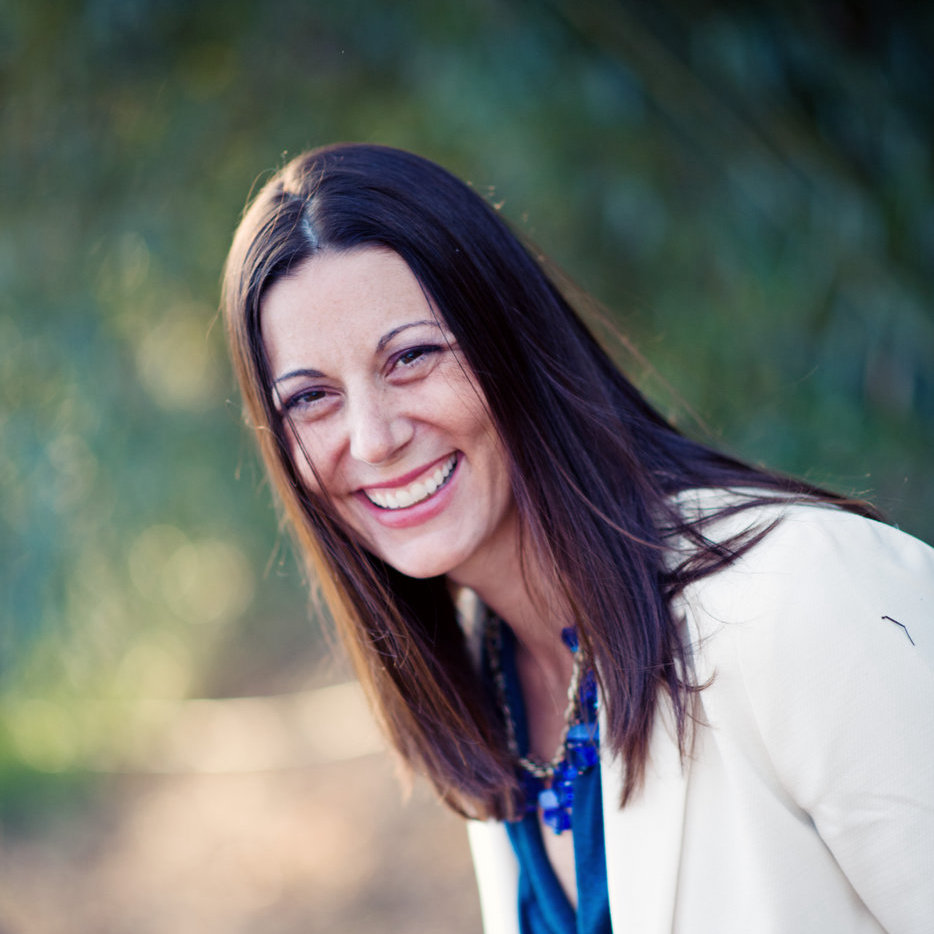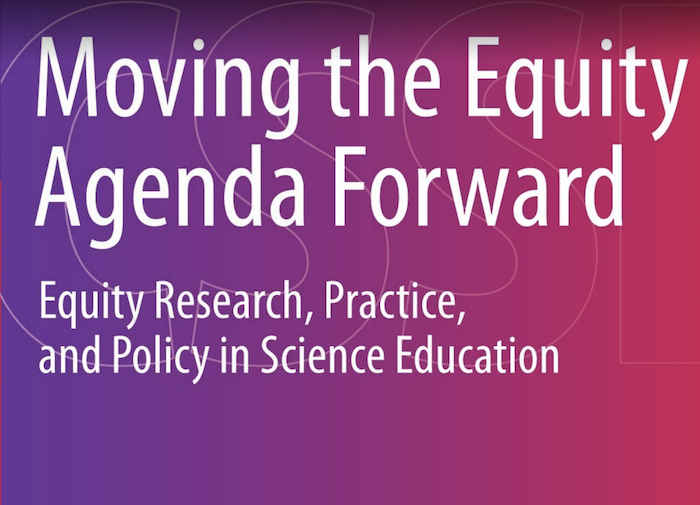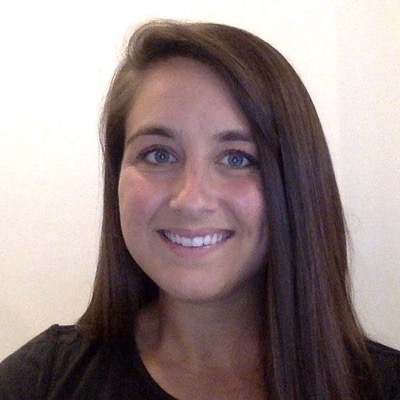About

Dr. Cassie Quigley is the Chair of the Department of Instruction and Learning and Professor of Science Education at the University of Pittsburgh. She earned her doctorate in Curriculum & Instruction with a Ph.D. minor in Environmental Sciences at Indiana University in 2010. She holds a B.S. in Biology and a minor in Spanish.
Her current projects include understanding how historically underrepresented youth can transform STEM education. Specifically, she is interested in how the students' formation of STEM occupational identity transforms how we teach STEM. Through several federally- funded grants, she works with ten schools across PA to study how the co-designed student-driven curriculum can transform STEM.




















